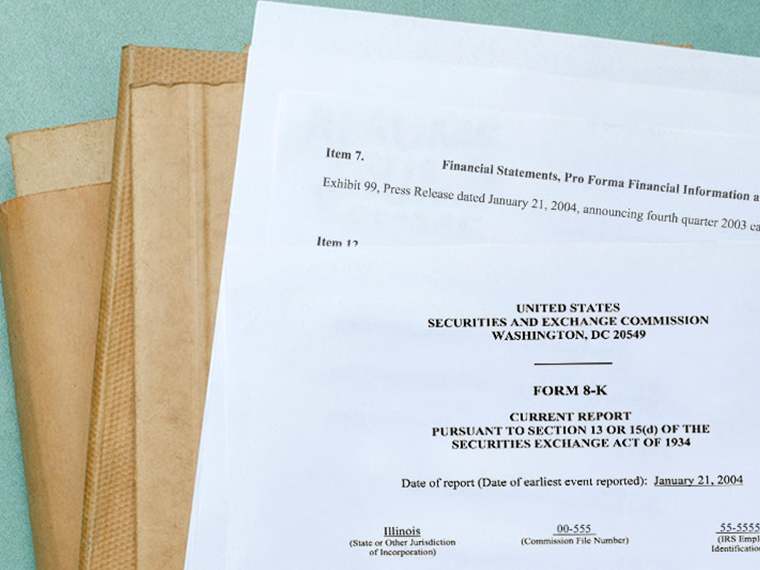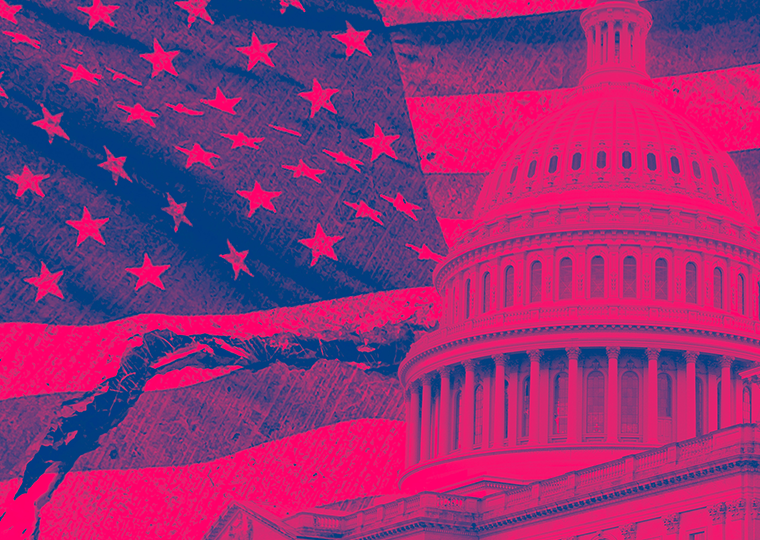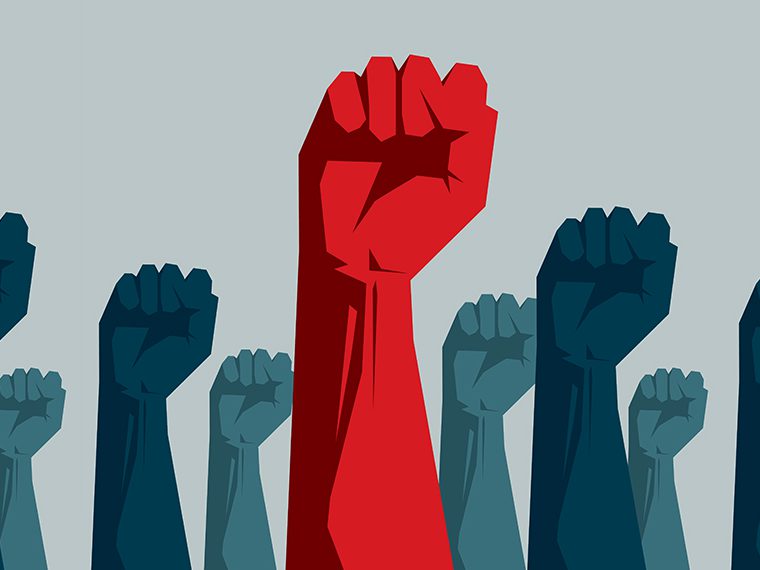Women are warned about work-life balance more than men
The realities of work-life balance often impede career progression, and women tend to shoulder the bulk of work in the home — even more so during the coronavirus pandemic. A working paper by University of Chicago’s Yana Gallen and UCLA Anderson’s Melanie Wasserman suggests that widely held acceptance of the lopsided division of duties can also stop a career before it’s even started.
Their paper finds that female college students are far more likely than male college students to get career advice focused on work-life balance. Much of the information on work-life balance is negative, and the authors find it may increase the likelihood a woman abandons a career path she was interested in.
In a large field experiment, Gallen and Wasserman recruited nearly 100 undergraduate students interested in careers in law, management consulting, data science and finance. Each participant cold contacted 100 professionals through an online professional networking platform, asking for basic career information.
Students were guided by the researchers to pose a broad question that did not directly raise the topic of work-life balance, merely requesting that the professional share quick thoughts on the “advantages and challenges” in their field.
A special message for women
About 10% of the professionals pinged with this request responded to the student’s question; there was no difference between the response rate for male and female students. But female students were nearly twice as likely to get a response that brought up work-life balance.
Students also sent another message type that specifically asked whether work-life balance is a concern in the professional’s field. The overall response rate was 14%. But this time there was a gender skew, as female students received 28% more responses than males. This means that the differential emphasis on work-life balance to female students in responses to the broad question is not entirely driven by perceptions that female students care more about this issue.
These responses didn’t typically contain words of encouragement. More than half of students who received feedback on this specific work-life balance question said it made them more concerned about pursuing a career in the field, while just 22% said it made them less concerned.
Interestingly, a gender difference wasn’t present in the professionals’ discussion of workplace culture, either in responses to the broad question or in response rates to a question that asked specifically about workplace culture in the professional’s field.
Discouraging candidates employers may hope to attract
Gallen and Wasserman collected feedback from the student participants about the information the students received. They found that this information matters: Female participants were 9.5 percentage points more likely than male students to be dissuaded from pursuing a career in their previously stated field of interest. Much of this gender gap is due to the fact that women received more information about work-life balance from professionals.
“Women continue to be underrepresented in the four fields that we study,” Gallen and Wasserman report. “Our results suggest that the information transmitted through informal exchanges served to discourage women from entering their preferred career path, potentially dampening the effects of initiatives intended to increase female entry.”
Featured Faculty
-
Melanie Wasserman
Assistant Professor of Economics
About the Research
Gallen, Y., Wasserman, E. (2021). Informed Choices: Gender Gaps in Career Advice.






